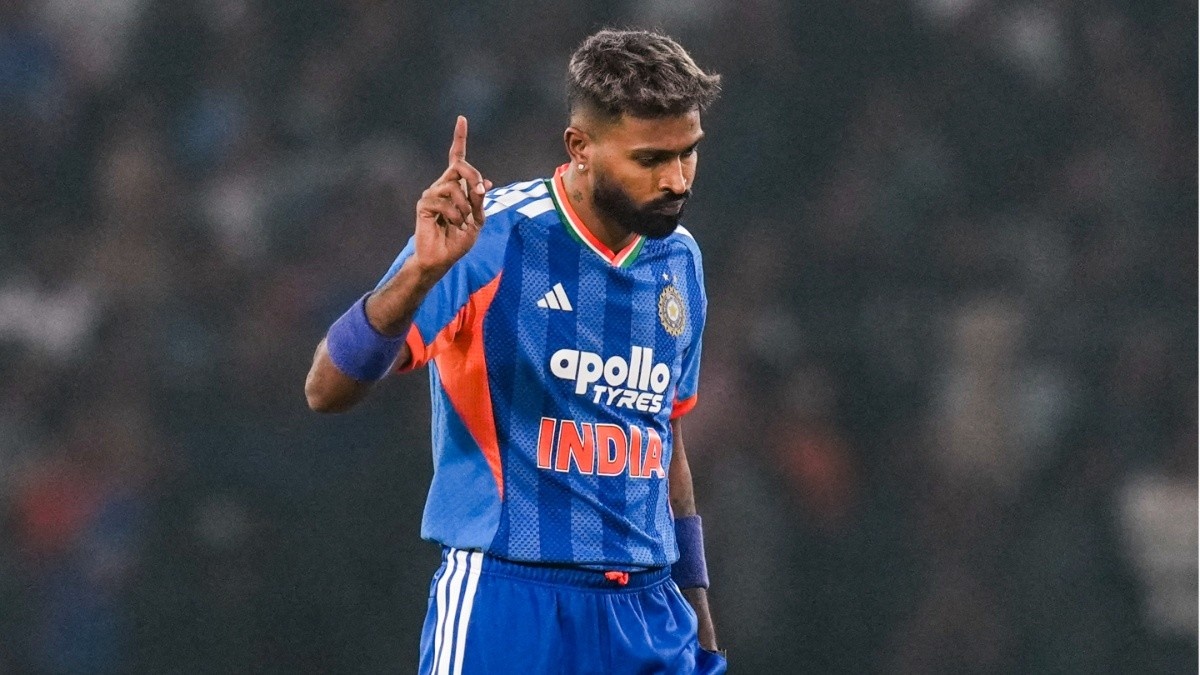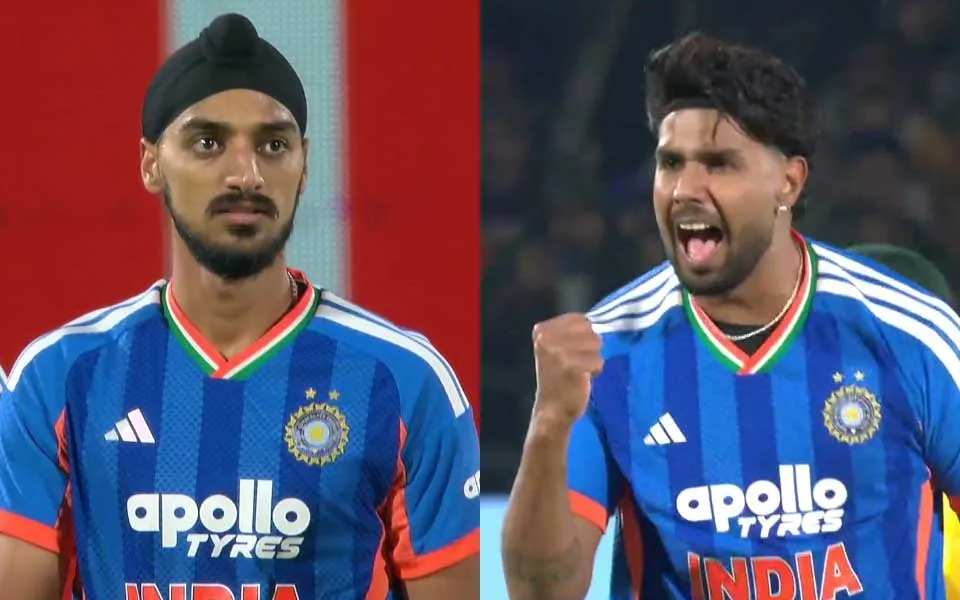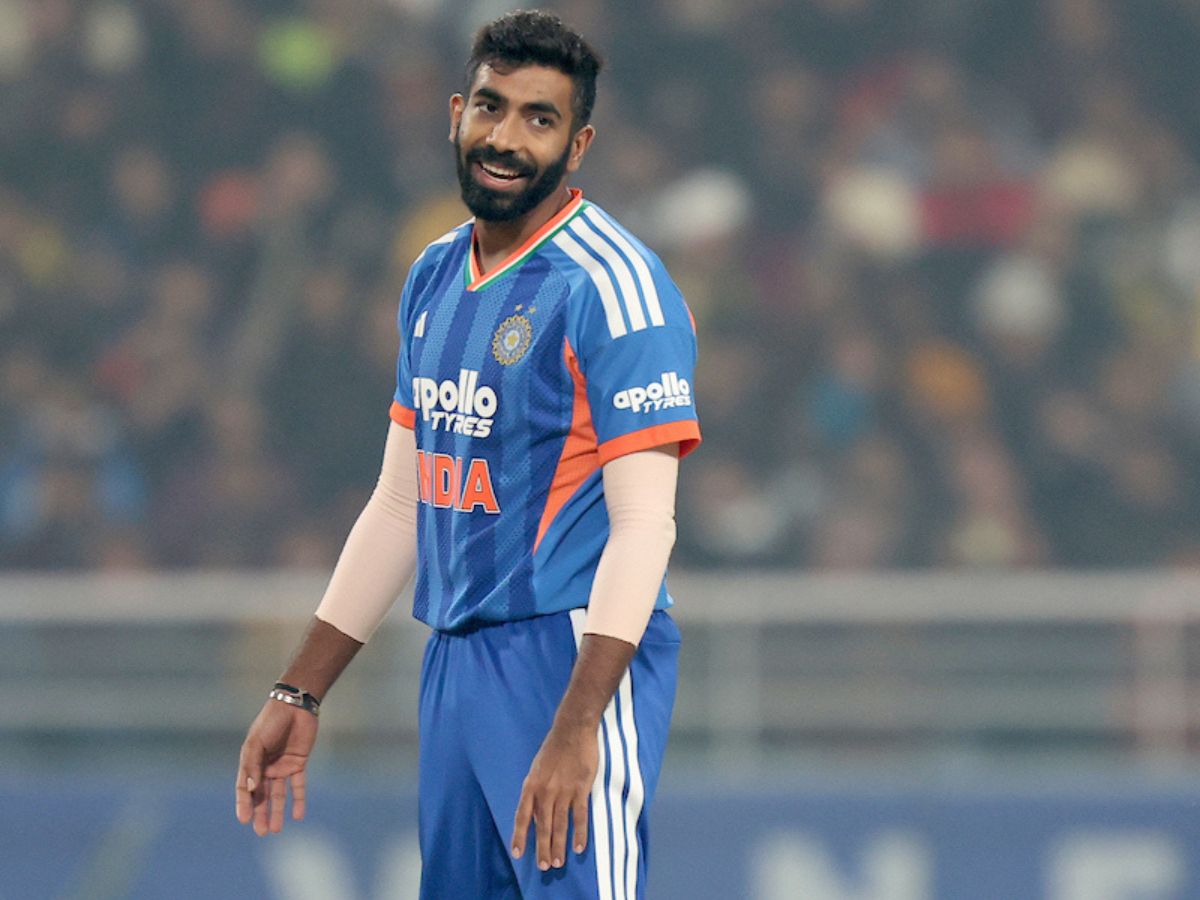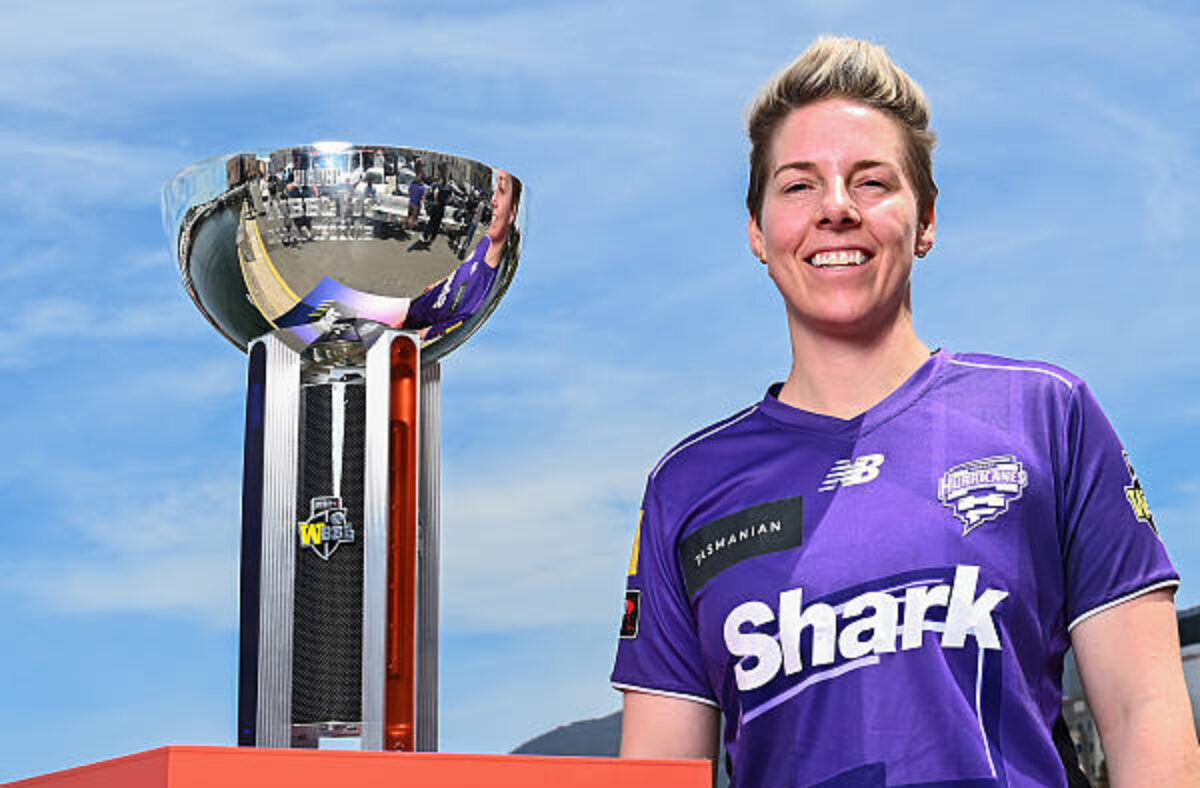The Hundred League, an invention of the England and Wales Cricket Board (ECB), is unique since spectators have never witnessed a game with 100 balls per side. The Hundred was an adaptation of the popular T20 format designed to mimic the passion of the Indian Premier League (IPL). In an effort to foster business growth, ECB also made contact with a number of IPL teams to offer them a spot in the competition’s teams.
Lalit Modi, the driving force behind the Indian Premier League, repeatedly stated that the ECB’s funding plan for Hundred is unfeasible. His belief is based on the reality that a number of franchise cricket leagues hold a dominant position globally, and Hundred could only evoke a small portion of the global fan base.
“The ECB’s financial estimates for The Hundred seem unnecessarily rosy and unrealistic, especially when looking beyond 2026. In light of the global competition from other cricket leagues such as the Indian Premier League, the figures for International TV rights are illogical. Modi tweeted on his ‘X’ handle, “It’s unlikely The Hundred will attract the necessary international audience to justify these inflated numbers.”
Check out Lalit Modi’s latest post here:
The ECB’s #financial projections for The #Hundred, particularly beyond 2026, appear overly #optimistic and disconnected from reality. The #International #TV #rights figures make little sense, given the #global #competition from other #cricket #leagues like the #IPL. It’s… pic.twitter.com/cFzqtZF4mg
— Lalit Kumar Modi (@LalitKModi) September 26, 2024
Modi says “The Hundred” finds it difficult to match the CPL’s profitability.
Lalit Modi was notably the one who started the IPL in 2008. It is thought that the BCCI (Board of Control for Cricket in India) had earlier turned down his proposal to include international cricket players in an Indian club culture like to that of football. The format received positive reception from the Indian crowd after India’s victory in the 2007 T20 World Cup. He expressed a strong desire to purchase The Hundred for $1 billion USD, but the ECB turned down his offer.
Even worse, ‘The Hundred’ isn’t even profitable enough to compete with the Caribbean Premier League, which is a sobering testament to its incapacity.
Also Read: The ECB’s plan to privatise The Hundred will be delayed
With estimates that don’t encourage faith in its long-term viability since they seem dangerously overambitious and unsustainable, The Hundred seems to be in financial trouble, he continued.




